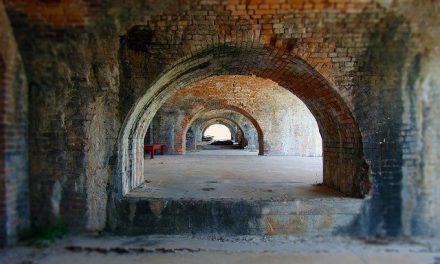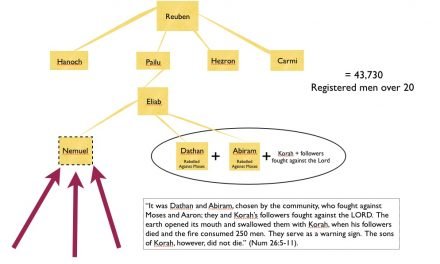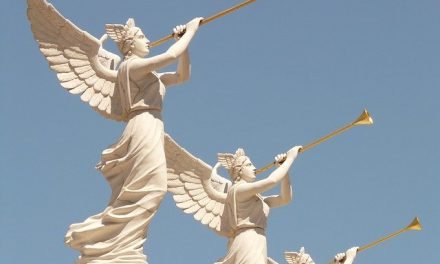Israel was in a period of transition after the great deliverance from Egypt and were en route to their new home in Canaan. But when the going became difficult, a group of people rose up complaining about the food. The Lord had provided manna to sustain them, but they wanted meat.
So he sent them meat. He sent them quail in such abundance that it was a meter high in a day’s journey distance in every direction. They had more meat than they knew what to do with.
And yet while they were eating the meat the Lord had provided, the “Lord’s anger burned against the people and the Lord struck them with a very severe plague.”
Wowsers. Doesn’t that sound harsh? People complain so you give them meat, then strike some of them dead?
Are there any other verses in the Bible that can shed some light on this? Psalm 78:25-31 says this:
25 Human beings ate the bread of angels;
he sent them all the food they could eat.
26 He let loose the east wind from the heavens
and by his power made the south wind blow.
27 He rained meat down on them like dust,
birds like sand on the seashore.
28 He made them come down inside their camp,
all around their tents.
29 They ate till they were gorged—
he had given them what they craved.
30 But before they turned from what they craved,
even while the food was still in their mouths,
31 God’s anger rose against them;
he put to death the sturdiest among them,
cutting down the young men of Israel.
and Psalm 105:39-41
39 He spread out a cloud as a covering,
and a fire to give light at night.
40 They asked, and he brought them quail;
he fed them well with the bread of heaven.
41 He opened the rock, and water gushed out;
it flowed like a river in the desert.
Let’s see if this can give us any clues.
- First we see that in Num 11:34 it seems like it is the “people who had craved the meat” that were put to death. This was the “contemptible people among them” (v. 4) that had stirred up the others (v. 10).
. - In Ps 78:312 it seems like it was the young men who were the “sturdiest among them.” In the Hebrew it is the young men who were “fat” (KJV has it right here). “Stout” is just a nice way of putting it. So it seems that the people who were complaining were not the ones who were most desperate, but rather the people who didn’t have much to complain about.
. - The Lord describes complaining as a “hardening of the heart” and demonstrates a lack of faith (Heb 3:7-8).
. - We sometimes forget that “ungratefulness” is a sin, right in company with the arrogant, the greedy, abusive and treacherous (2 Tim 3:1-5)
When God is doing something extraordinary and new (such as when the church was being birthed in Acts 2), there is a greater demand for holiness (which Ananias and Sapphira learned the hard way-Acts 5). God’s righteousness and holiness are not to be trampled upon, especially during these seasons.
So here was a group of people, hardening their hearts towards the Lord, treating his blessings with contempt, and like yeast in dough poisoning the hearts of others. If the Lord didn’t take action against them, then there would have been more and more problems.
But the death penalty? Sounds harsh. But again as we have pointed out the Lord was doing something new, and these are deeply important, sacred and holy times. He was doing mighty things among them and they were spurning it.
Their rebellion grieved the Lord (Ps 78:40). But the time was such that his holiness required action. It sent a message to the masses that complaining was a serious offense (and still is). And at the end of the day we must trust his character.
“Will not the judge of all the earth do right?” (Gen 18:25).







